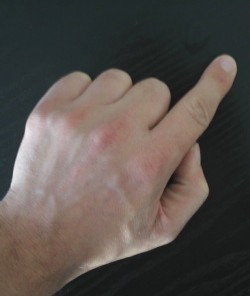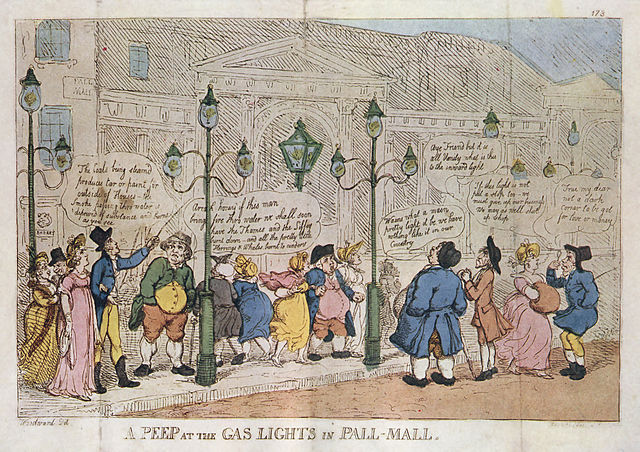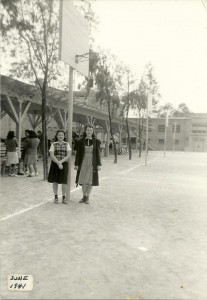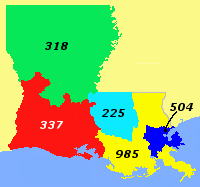Hi, friends and readers. I’d like to briefly apologize for being AWOL these past few days. After giving it some thought, I’ve decided posting will have to be light here these next two weeks. I have a move, a deadline for an article, and a job search, and between all three, I’ll have next to no free time.
A side note: there’s been an uptick in visitors to this site via search engines. I love hearing from new people, but there’s also been an increase in anonymous vitriol. This ranges from vague insults (“Americans know nothing about Canadian English!”) to seemingly intelligent commenters who implode for reasons I find baffling. So I’ll take this moment to reiterate my simple ground rules, which generally boil down to: avoid ad hominem attacks, or really any statement that could be described as ‘ad hominem.’ This is basic netiquette, but you’d be surprised …
When I have a chance, I’ll respond to some emails from readers (I haven’t forgotten you!) and I’ll be more active on Twitter, since I find that less time consuming. And I will hopefully be back in the swing of things shortly. Till then, feel free to browse around here or read the lovely folks I list in the “Sites I love” link on the right sidebar.
P.S. I’ve turned comments off, because, well, there’s not much to comment on here. I’m not sure why it still says ‘Leave a comment’ below. But feel free to email me or contact me on Facebook or Twitter.







